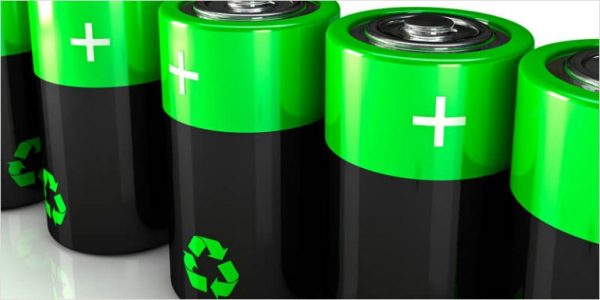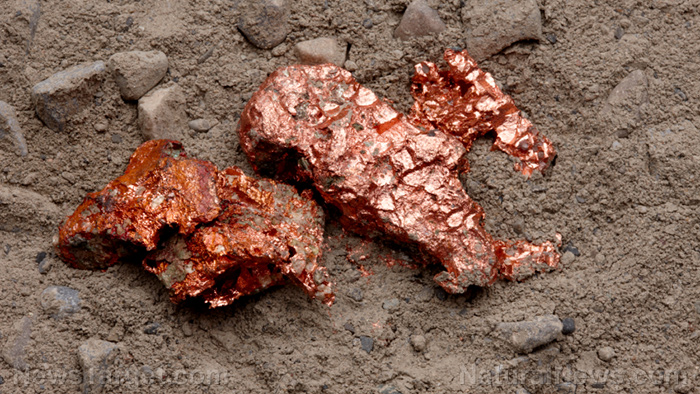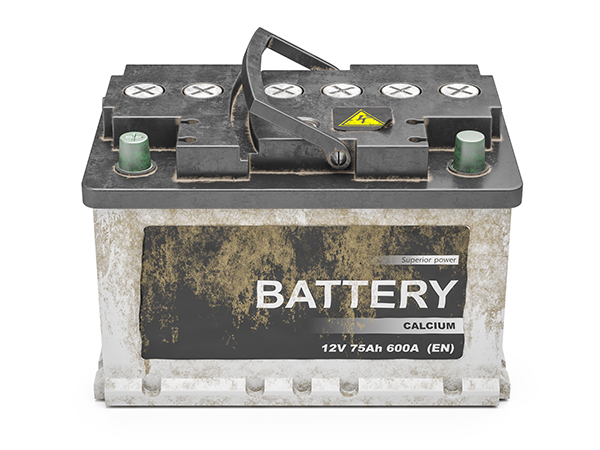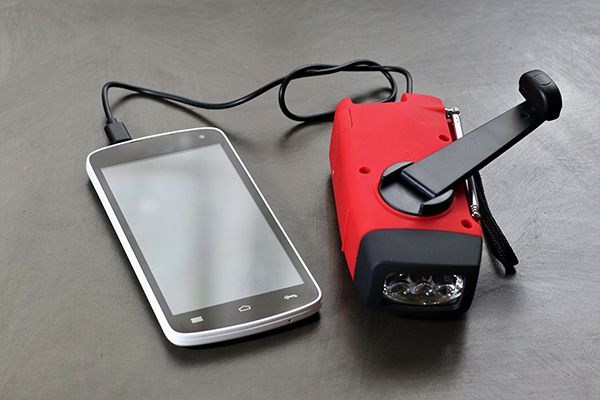
Back in the days when flashlights guzzled power, the only battery fit for the job was the massive D size battery. Times have changed and LED flashlights either use smaller batteries or have their own internal battery. But the D size battery has some big advantages that preppers and survivalists can take advantage of, according to an article on Modern Survival Blog.
Invented in 1898, the D size battery was designed to be so big and store so much power because early portable electric devices required that much electricity. The most notorious example were flashlights made before the adoption of light-emitting diodes (LEDs).
Most old flashlights used incandescent light bulbs. The good old incandescent bulbs burned through a lot of power. The only battery that could supply that heavy electrical demand over a long period of time was the D size battery.
A D size battery stores a much larger amount of energy than an AA. The modern alkaline D battery keeps 12,000 mAh, while the AA equivalent stores 2,700 mAh. That one D cell is equal to four and a half AA cells. That's the kind of power old flashlights needed.
Upgrade your old D size battery flashlight with LED bulbs
Then came the LED revolution. The new bulbs could match the brightness of the strongest incandescent bulb while needing much less electrical power.
The AA battery could meet the reduced demands of the energy-efficient LED flashlights. So the old incandescent flashlight fell out of favor, and with it fell the D size battery.
But the D size isn't dead yet. Indeed, the same LED technology that displaced the incandescent flashlight could bring the big battery back.
As already mentioned, LED flashlights need much less power than their predecessors. An AA battery is enough to run one. So you can imagine how long a modern flashlight will last if it's powered by huge D cell batteries.
Now you're probably thinking that modern-day LED flashlights are too small to use a D size. And they are.
However, you also probably have at least one of the bigger, older flashlights stored in the glove compartment of your car or tucked away in a cupboard at home. And chances are, you picked a Maglite because they look cool, are nearly indestructible, and double as a handy bludgeon.
Those older models of flashlights use D size batteries because of their power-hungry incandescent bulbs. You can swap out the incandescent bulbs of those old flashlights for newer LED ones. Doing so will let the energy-efficient LED bulb take full advantage of the D size batteries' huge energy reserves for a much longer time. (Related: New LED lighting technology embraced by consumers, Total Cost of Ownership saves money over incandescent, fluorescent bulbs.)
Even running the brightest LED replacement bulbs, D size battery-powered flashlights will enjoy twice the endurance of the smaller units. And when you're in the wilderness or a deserted area, that extra couple of hours can spell the difference between safety and danger.
Think long-term by getting rechargeable D size batteries
To get the most out of your upgraded flashlight, consider getting rechargeable D size batteries. Rechargeable cells have smaller storage capacities than disposable counterparts; for example, the EBL brand recommended by Modern Survival Blog is rated at 10,000 mAh, whereas the alkaline one averages at 12,000 mAh.
But you'll get much more use out of rechargeable batteries in the long run. Rechargeable cells can be reused hundreds of times, which saves you money and also reduces your trash.
Since you're getting rechargeable batteries, make sure to get a versatile charger than can accept different sizes of cells.
Find out more ways to get the most performance out of your old equipment at Preparedness.news.
Sources include:
Please contact us for more information.





















